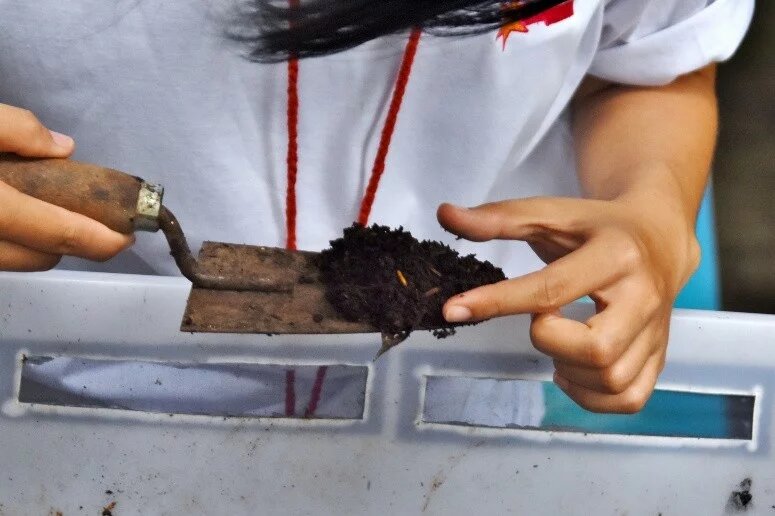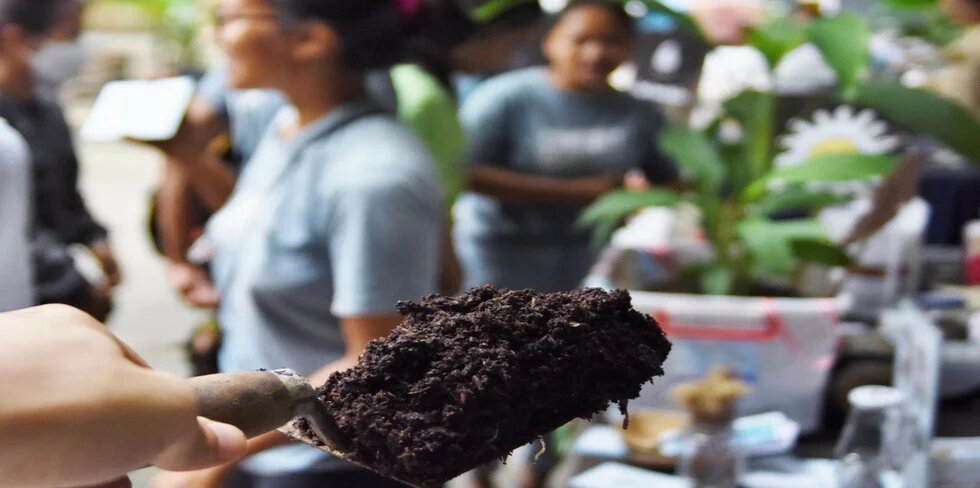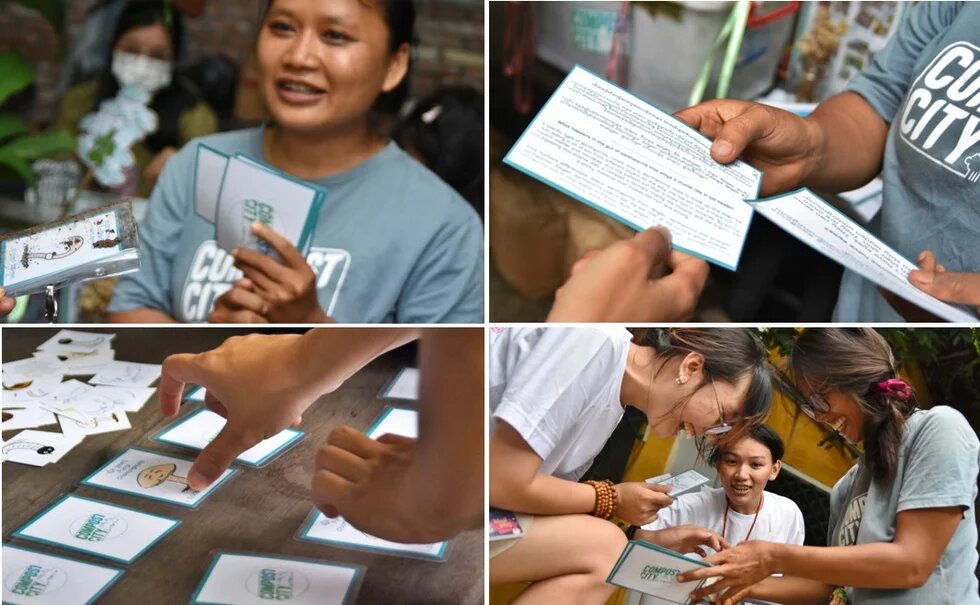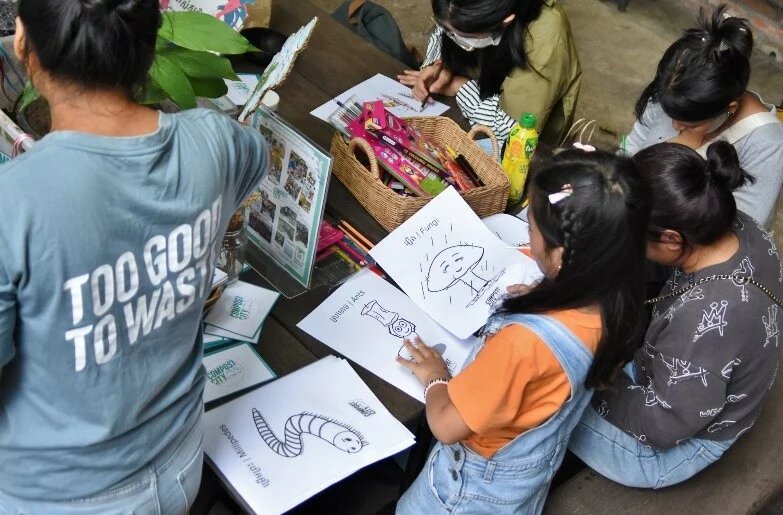
Phnom Penh has seen rapid development in the last decade. While high-rise buildings and swanky office space are changing the city’s skyline, Phnom Penh’s civic infrastructure and amenities that service citizens have struggled to keep up.

The Cambodian capital relies on an informal network of residents who help collect recyclable waste from the city’s streets. Apart from a few businesses and informal initiatives that turn food waste into animal feed, there are no civic services to address mounting food waste in the city. Most compostable waste is either disposed of or ends up at dump sites littered across the city, like in Stung Meanchey, severely affecting the standard of living of communities residing there and intensifying the release of greenhouse emissions like methane.
Compost City set out to change that in 2019. Started by Tchaw Monorom, Leng Dei (former Compost City) provides people with easy-to-use home composting kits that help residents sustainably dispose of their food waste and provide additional nourishment to their home gardens.
The project has been popular with the city’s residents. Leng Dei has sold around 450 kits with only a small team of four people. However, Monorom wanted her efforts to lead to a more informed discussion about ecological sustainability rather than remain a commercial enterprise selling a product.
“I realized that I really like to discuss, I like to share, I like to hear, I like to host,” she says.
She started doing workshops for students, workers and budding gardeners to encourage people to get their hands dirty.
“Are the participants touching the compost? And are they then seeing the mites and collembola?” she adds. “I like to experience something and then I hope to share it with more people.”
After the success of the workshops, Monorom wants to transform a small plot of land her family owns into a compost museum and garden-cum-farm grounded in understanding ecological processes and how plants grow into the food we consume. Another initiative she wants to expand is film and documentary screenings on ecological issues, which she started doing in collaboration with hbs earlier this year.
All these efforts funnel into Leng Dei’s goal of having an urban citizenry that is more aware and educated about their interactions with the environment - even if it means getting your hands dirty in some decomposing fruit and vegetables.
This article is an excerpt from "Profiles of Courage." Click here for the full reading.

